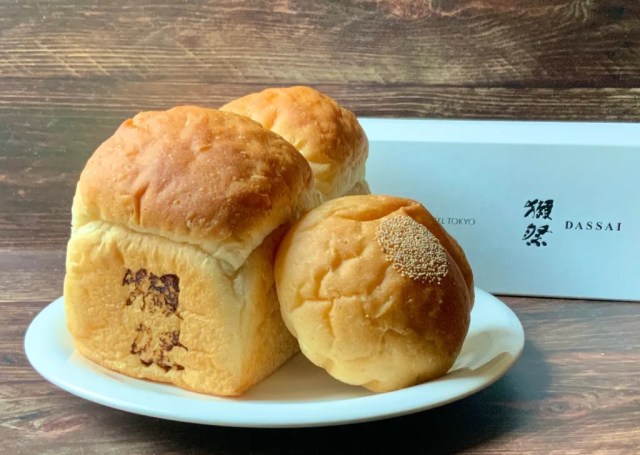
The star of the Yamaguchi sake scene shows up in Shinjuku baked goods, and we’re ready for a trio of taste tests.
Japan has so many sake makers that it can be hard for an individual brewer to stand out. Among the general public, it’s mainly a handful of mass-produced, low-in-character brands that have widespread name recognition, with many smaller, higher-quality producers primarily known only to sake aficionados.
An exception, though, is Dassai. Made in the town of Iwakuni, Yamaguchi Prefecture, Dassai has won acclaim for its crisp, smooth flavor with a hint of sweetness from sake experts and amateur drinkers alike, despite Asahi Shuzo, the company that makes Dassai, not being neither the highest-volume nor biggest-budgeted sake brewer around.
Part of the secret to Dassai’s success is that its nicely balanced and can be enjoyed both on its own or paired with an especially wide variety of dishes. As further proof of how versatile Dassai is, there’s even a bakery that makes Dassai bread and sweets.
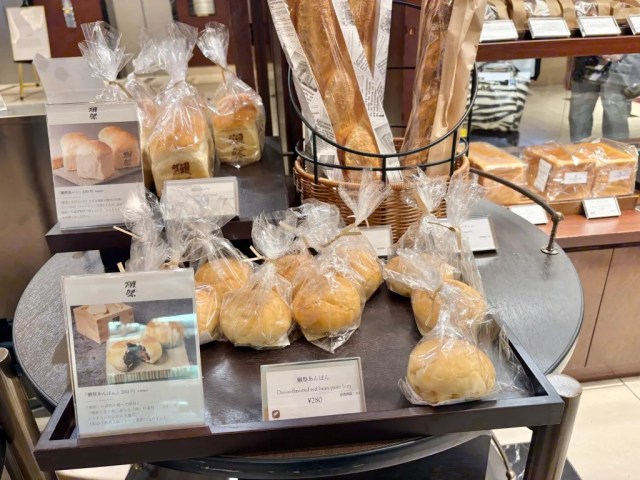
This bakery is found on the opposite side of the country from Dassai’s home prefecture, as it’s offered by the Keio Plaza Hotel Tokyo, a short walk west from Shinjuku Station in downtown Tokyo. Every day the hotel’s staff bakes up three special Dassai treats for its second-floor Food Boutique Poppins specialty store, and we recently scooped up the trio for taste-testing.
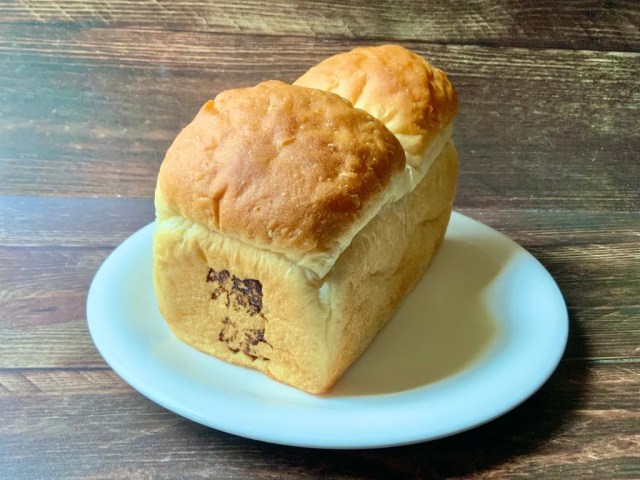
We’ll start with the Dassai Shokupan, shokupan being what Japan calls a conventional Western-style loaf of bread. Singed into the side are the kanji characters for Dassai, but the real connection to the sake is that the yeast used for the bread is made with sake kasu, the pressed lees left over as a by-product when making sake. Sake kasu can be used as a cooking seasoning, and while it doesn’t make the Dassai bread taste like alcohol, it does impart an elegant, relaxing sake-like aroma to the loaf, with the sort of gentle, subtle sweetness that’s made Dassai such a hit.
All those qualities are retained even after giving the Dassai Shokpan a light toasting, and it tastes so good that we recommend eating it without putting butter, jam, or any other kind of spread on it.
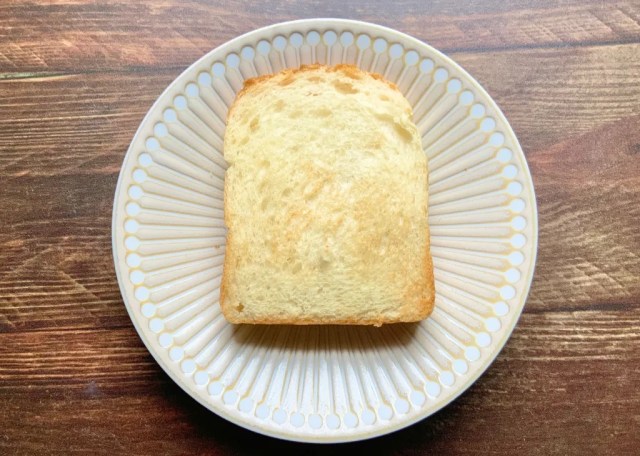
If you’re after something more distinctly sweet, there’s the Dassai Anpan sweet bean buns.
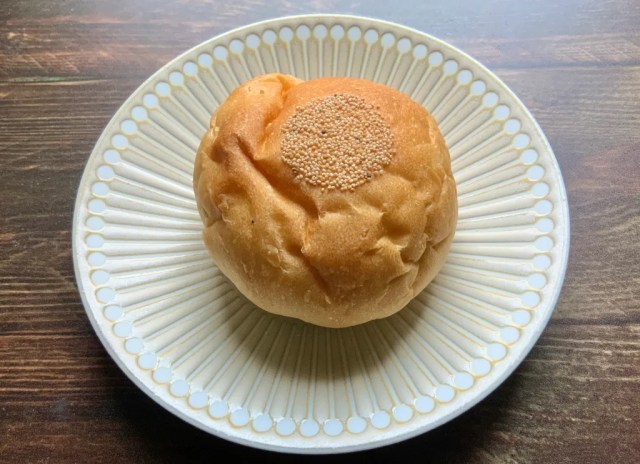
Sprinkled with sesame, these pastries are filled with anko (sweet red bean jam) made with beans from Hokkaido Prefecture’s Tokachi region, and the bread itself is once again made with Dassai sake kasu. Taking a bite, the initial sensation comes from the anko’s sweetness. Drifting along behind it is the Dassai aroma, though, which combined with the texture of the beans makes this feel like anpan that’s not just delicious, but sophisticated too.
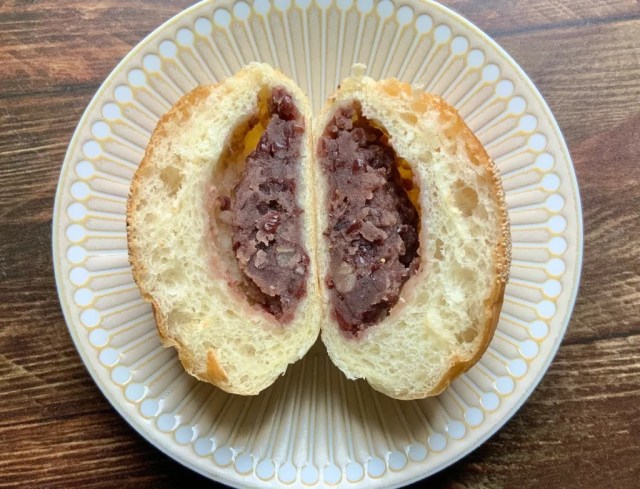
And last, if you’re looking to get really decadent, there’s the Dassai Pound Cake, which comes in a classy box that makes it well suited for gift-giving.
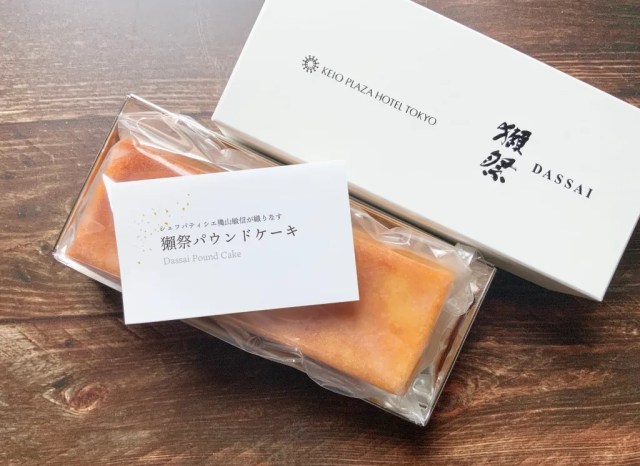
The cake (which needs to be refrigerated, by the way) is made not just with Dassai lees, but actual Dassai sake itself. It’s similar to the concept of cooking a pound cake with brandy, except without the harsh alcohol notes or cloying sweetness that brandy can sometimes impart. Instead, you get mellow hints of sake that become more pronounced as you chew, and while we didn’t have a bottle on hand to crack open and confirm with, the hotel says that the Dassai Pound Cake goes especially well with a glass of Dassai.
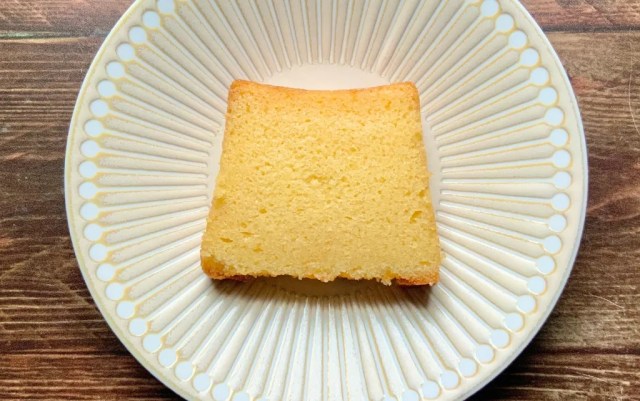
Another key to Dassai’s popularity is that though it’s not exactly a cheap sake, it’s reasonably affordable and offers great quality for its price. In keeping with that, these Dassai baked goods are more expensive than their non-Dassai convenience store or supermarket counterparts would be, but at 650-yen (US$4.50) for the Dassai Shokupan, 280 yen for a Dassai Anpan, and 2,800 yen for the Dassai Poundcake, they’re not unobtainable luxuries, even for sweets/sake fans of moderate means.
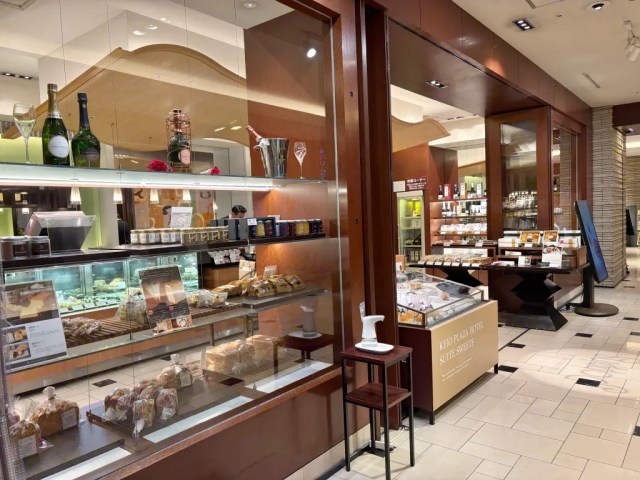
More so than their cost, it’s their scarcity that can make these hard to get your hands on. Like we said above, they’re exclusive to the Keio Plaza Hotel Tokyo, and when batches are put out, they tend to sell out rather quickly. Thankfully, the staff tipped us off that they usually go on sale around 1 p.m. each day, so you’ll want to arrive before then to give yourself the best shot at snagging them.
Related: Keio Plaza Hotel
Photos ©SoraNews24
● Want to hear about SoraNews24’s latest articles as soon as they’re published? Follow us on Facebook and Twitter!






